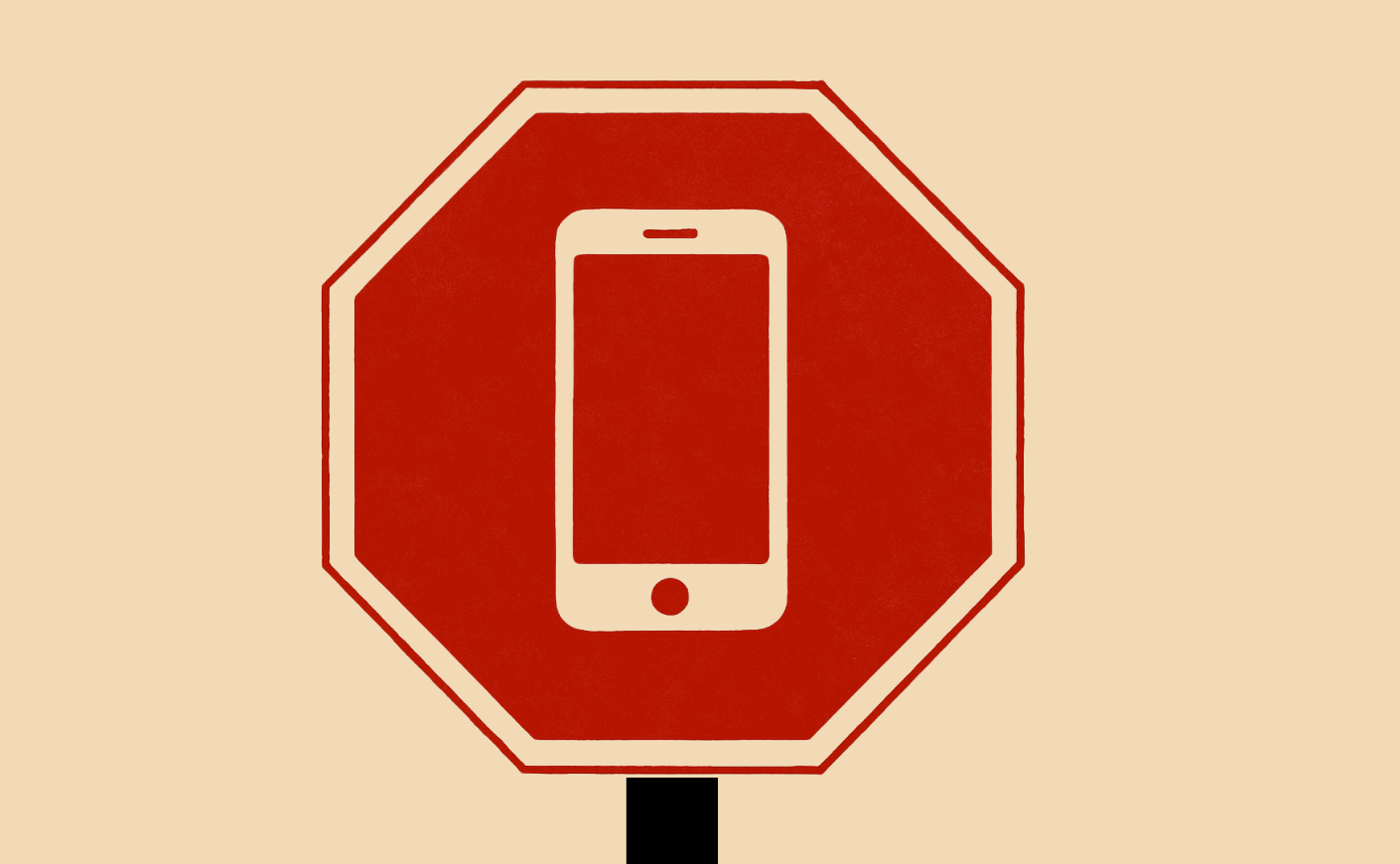When I began researching the links between smartphones and teen depression in 2017, my children were very young: ages 10, 7, and 5. In the years afterward, journalists and parents frequently asked me, “When should kids get their first smartphone?” I had no idea how to answer.
Fast forward 8 years, and my kids are 18, 15, and 13. I now have an answer to that question: Kids should get their first smartphone when they get their driver’s license. If they need a phone before that, they can have a basic phone with no internet browser, no social media, and no AI chatbots.
“Give the first smartphone with the driver’s license” is Rule #5 in my new book, 10 Rules for Raising Kids in a High-Tech World, which I wrote because I couldn’t find a practical book for parents that spelled out exactly what rules parents should be following around technology and helped them figure out how to implement them. Rule #5 evolved as my oldest daughter, whom I’ll call K, grew up.
When K was 11, she flew cross-country by herself to stay with a friend for a week. We bought her a cheap flip phone mostly so she could contact her friend’s dad at the airport. She also used it for another purpose: Every morning, she would send me a five-letter, all-caps text: “ALIVE.”
When she returned from the trip, she handed the phone back to me. That happened every summer, so during the school year the phone sat in a drawer gathering dust. By high school, though, K started using the flip phone more regularly. She didn’t really mind standing out — she said being “the kid with the flip phone” became part of her identity. On one family trip, the guy standing behind her in line at the airport remarked loudly, “Bro’s so broke he’s gotta use a flip phone.” Her short haircut meant she was used to being mistaken for a boy, but being assumed to be penniless based on her phone was a new one.
Then, three weeks after her 16th birthday, she got her drivers’ license. A few months later, she got lost on the way to a swim meet while using printed directions and had to call us for help.
That’s when we decided to get her a smartphone. And the more I thought about it, the more this made sense as a general rule.
There are three solid reasons for linking the first smartphone to a driver’s license:
1. Before a teen starts driving, they don’t really need a smartphone. No-internet phones work just fine, especially since your middle-school or high-school-age kid probably has a laptop (either their own or the school’s) to access the internet when they need it. But once teens start driving, having the maps app and internet access can be very useful. At 16, they are also more likely to start doing things like going to concerts or going shopping without a parent along, and having an internet-enabled phone can help in those situations. If your kid walks or takes public transportation to school or elsewhere, the rule can easily be modified: When they’re at least 16 and can get places on their own, they can get a smartphone.
2. At 16, kids are starting to develop better decision-making. That’s why we trust 16-year-olds to drive, but not 14-year-olds. Plus, since 16 is the minimum age kids should be using social media (Rule #3), no smartphone until 16 helps ensure that younger teens aren’t using social media or AI girlfriend apps without your knowledge. If they don’t have a smartphone, there is one less device you have to worry about — and the smartphone is the most worrisome as it’s the smallest and most portable device.
3. A driver’s license means more opportunities for seeing friends in person. Many younger teens spend a lot of time on their phones because they don’t have the freedom to get together with their friends in person (more on this in Rule #8). Under this rule, the smartphone comes when they have the option of getting in the car and going to their friends’ houses. And if you have a teen who is reluctant to get their license, the promise of a smartphone might help motivate them to take this step toward independence.
K is now a medic in the Navy Reserves and just started her first year of college. She texts friends but prefers to FaceTime them or, even better, see them in person. She drives around so much to see friends that I sometimes regret volunteering to pay for her gas. But that feels like a small price to pay for her hanging out with her friends in the real world instead of on social media.
I wrote part of the 10 Rules chapter on Rule #5 on K’s 18th birthday, three weeks before she graduated from high school. That made me reflect on how short childhood is, and how precious those years with our children are. I am nothing but grateful that the distraction of a smartphone was in her pocket for less of that time instead of more.
Jean M. Twenge is a professor of psychology at San Diego State University and the author of 10 Rules for Raising Kids in a High-Tech World. She also writes the Generation Tech Substack.













